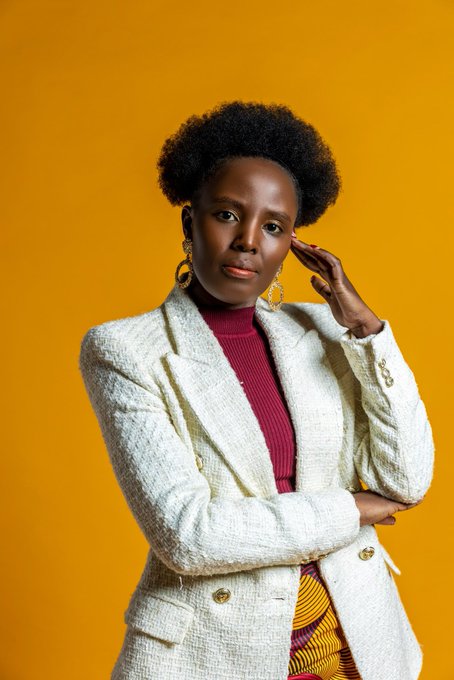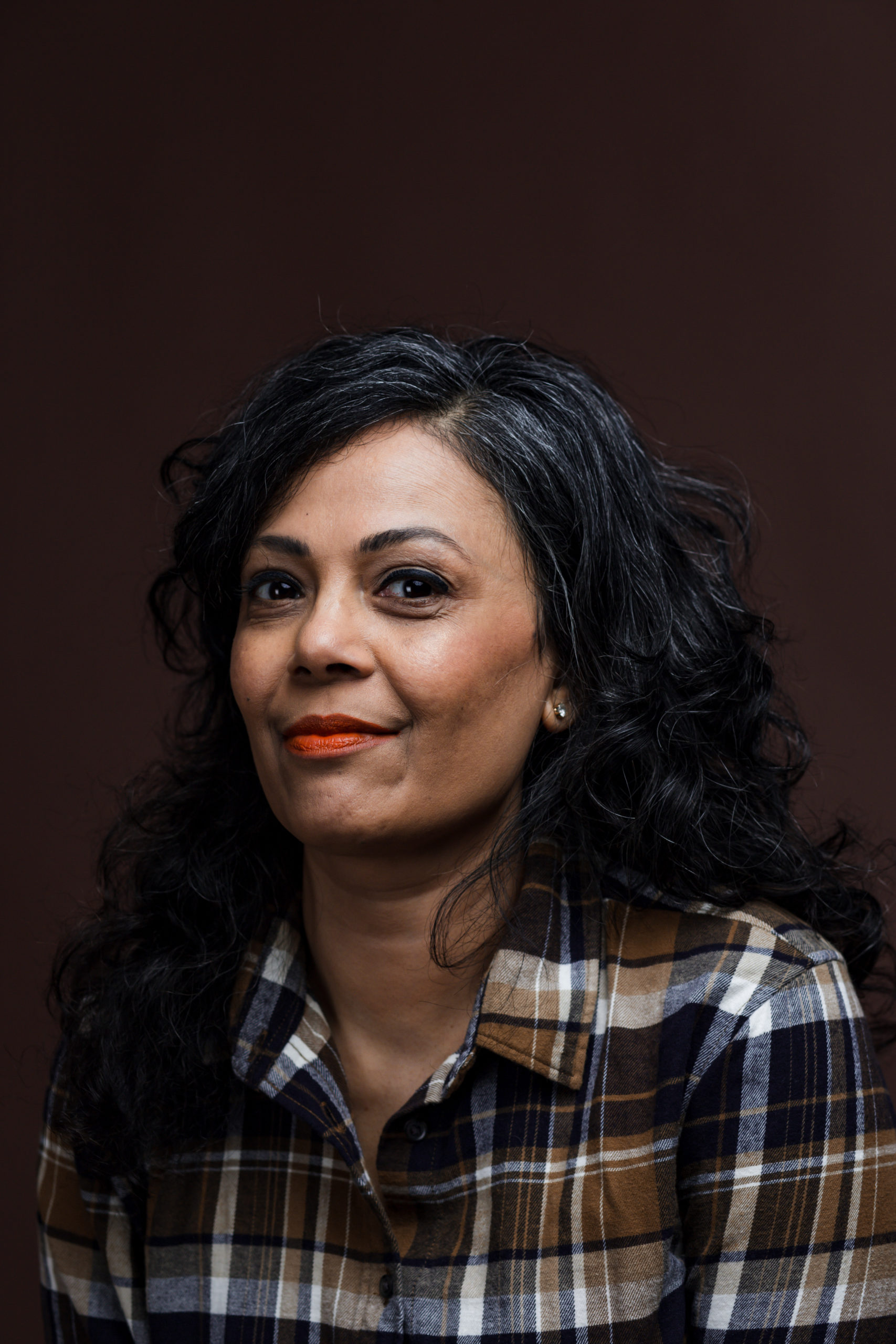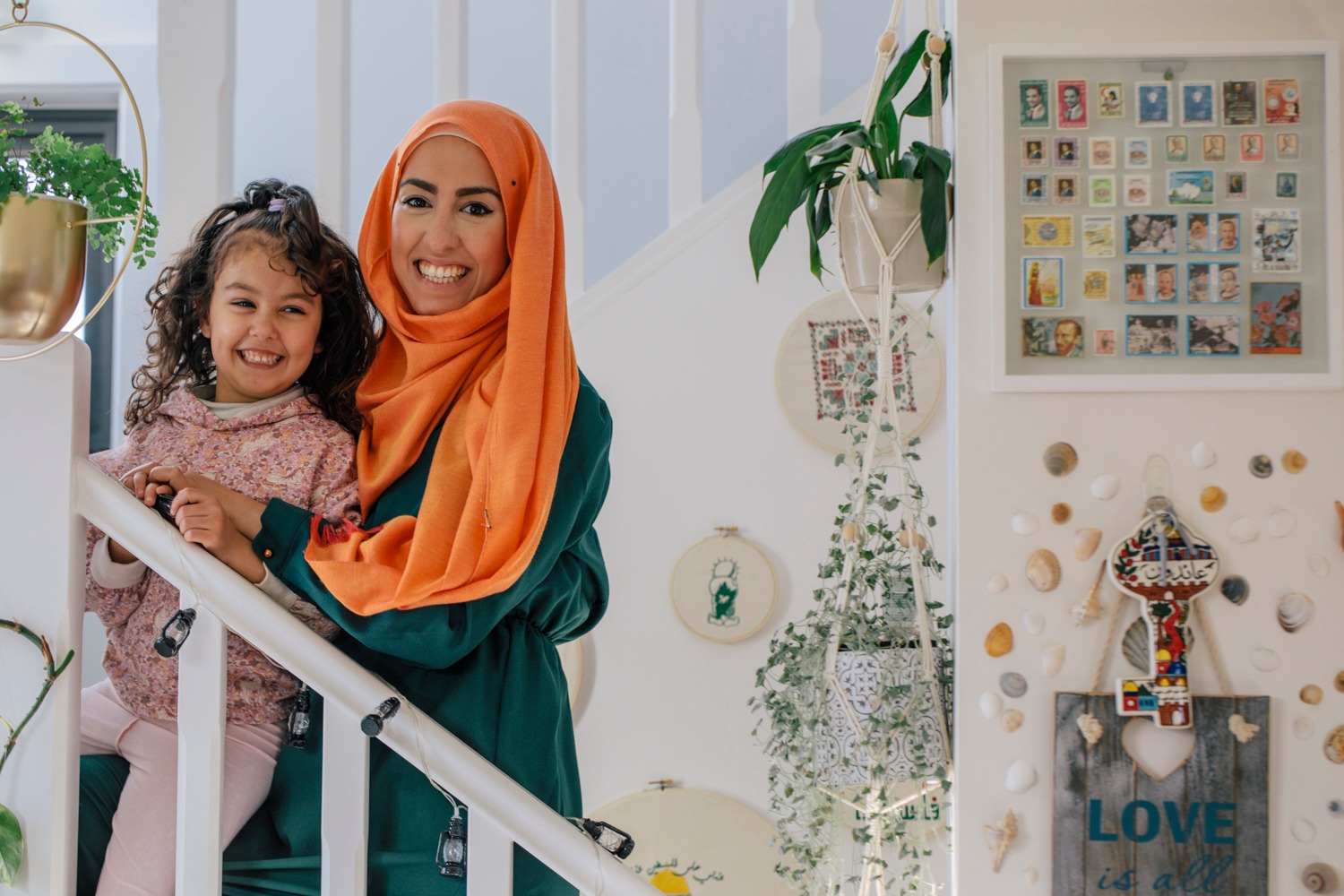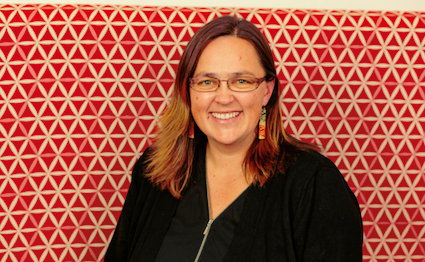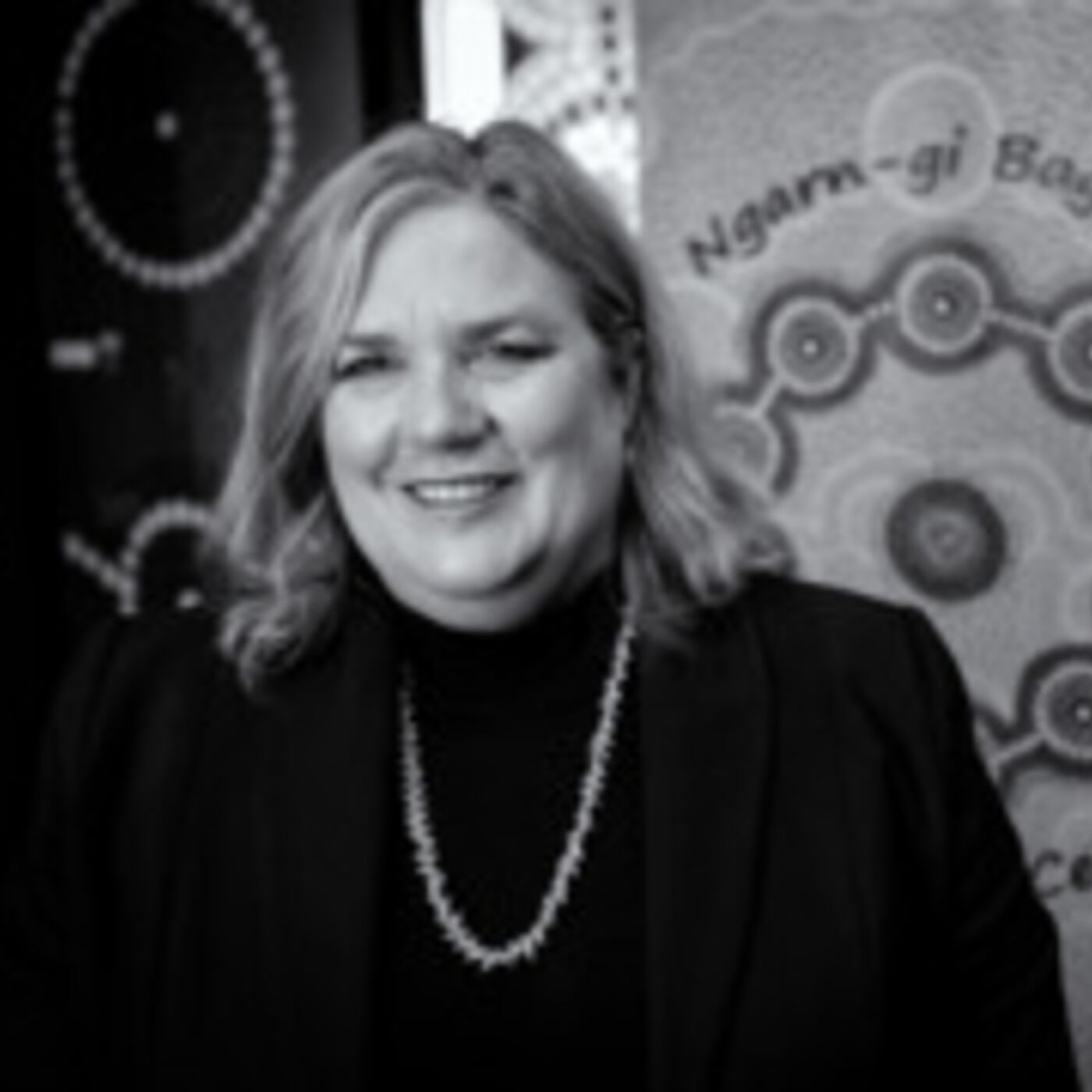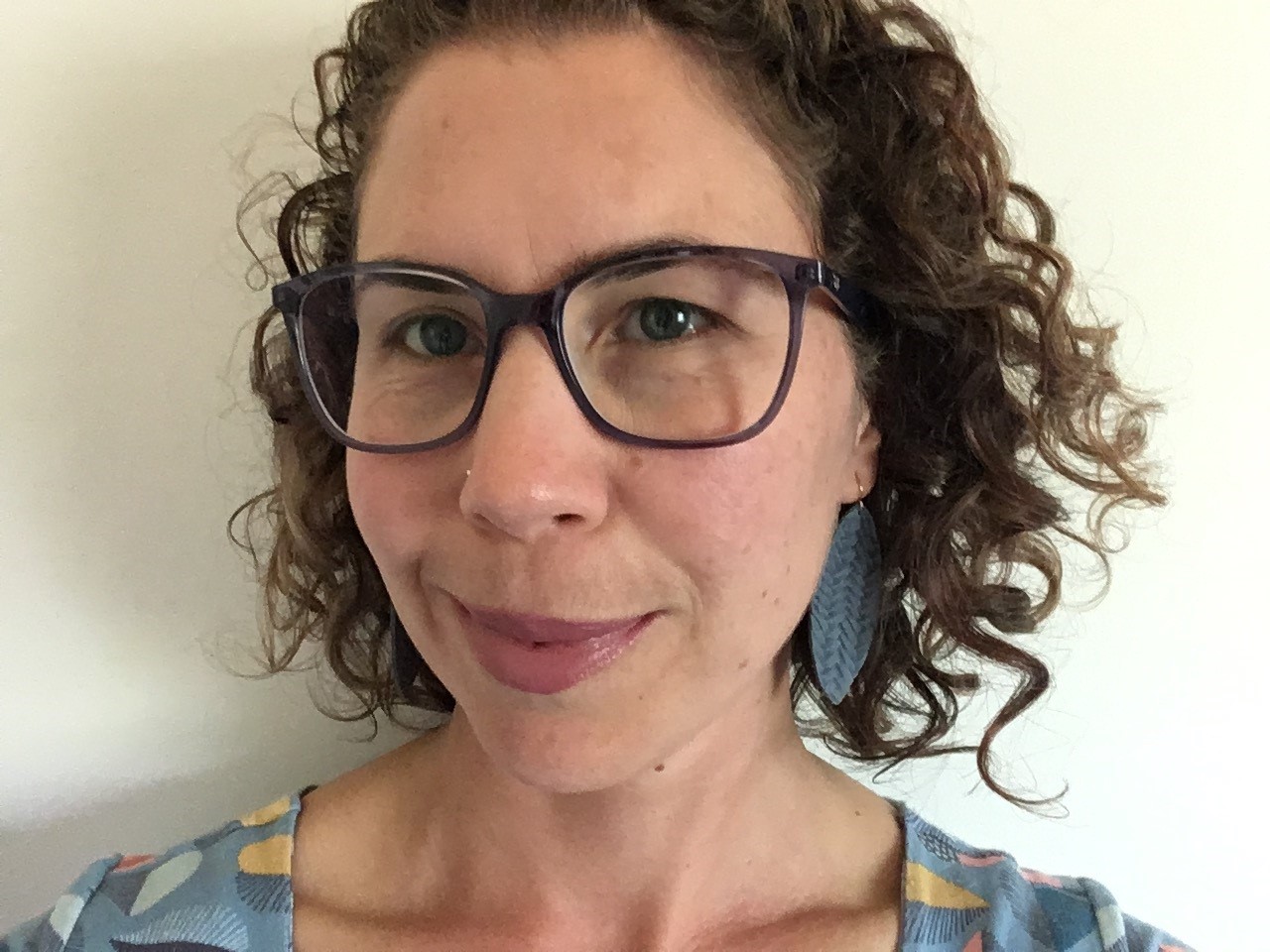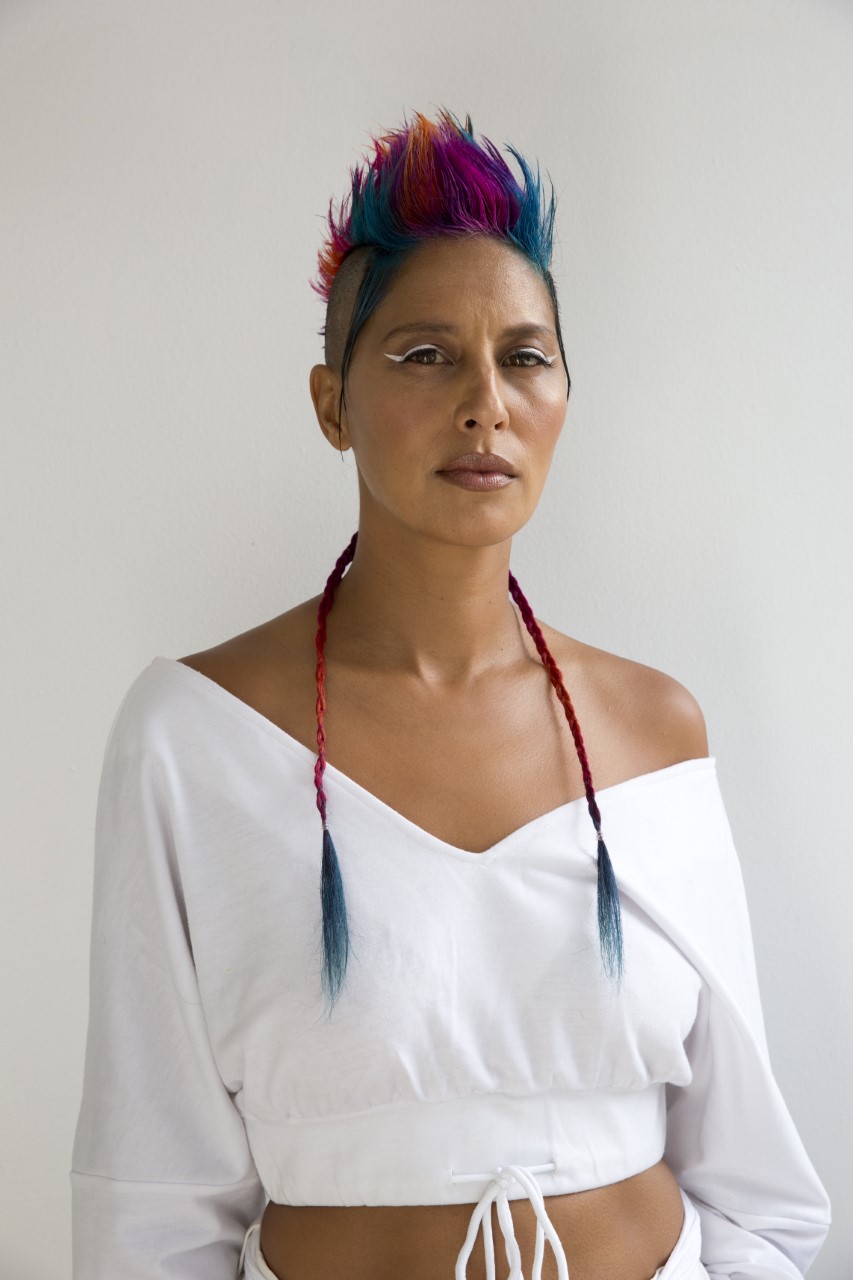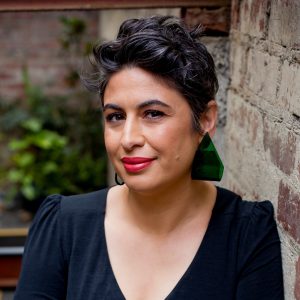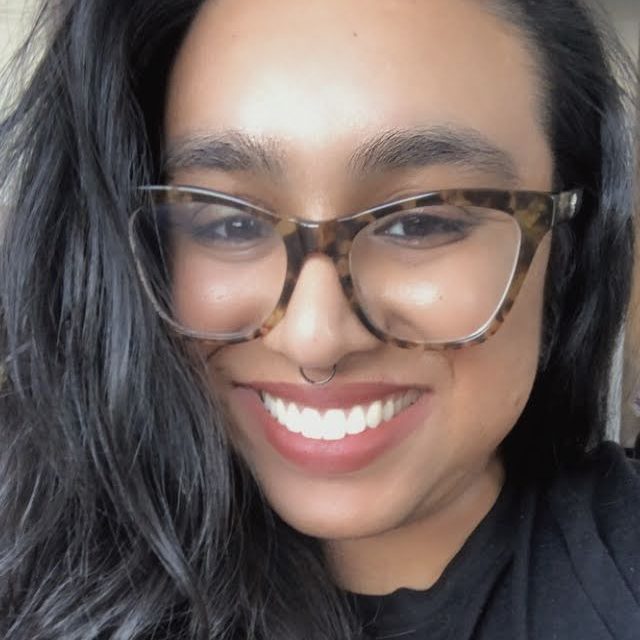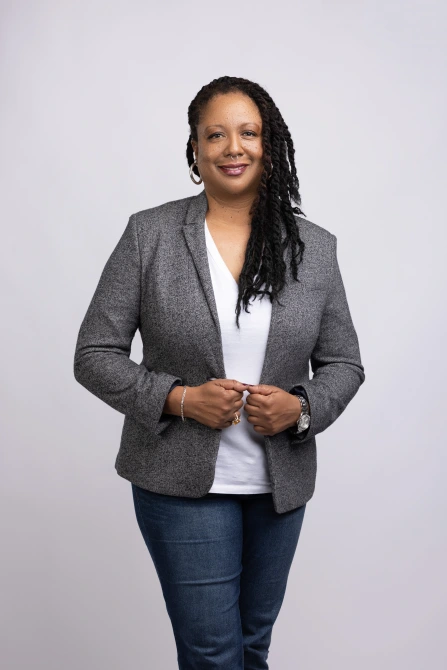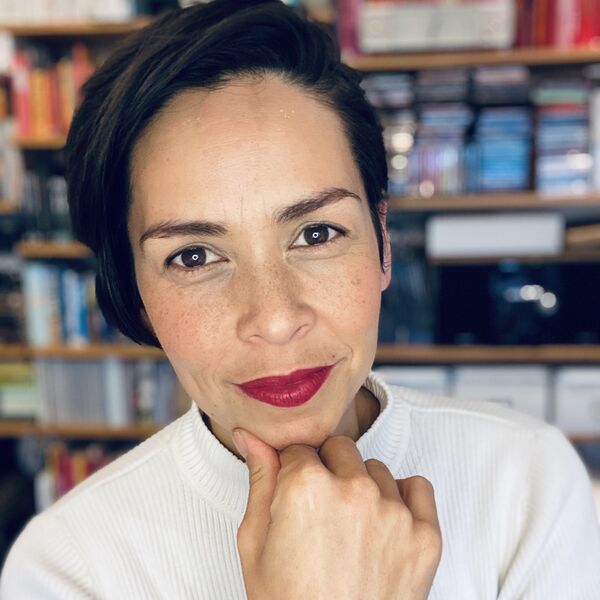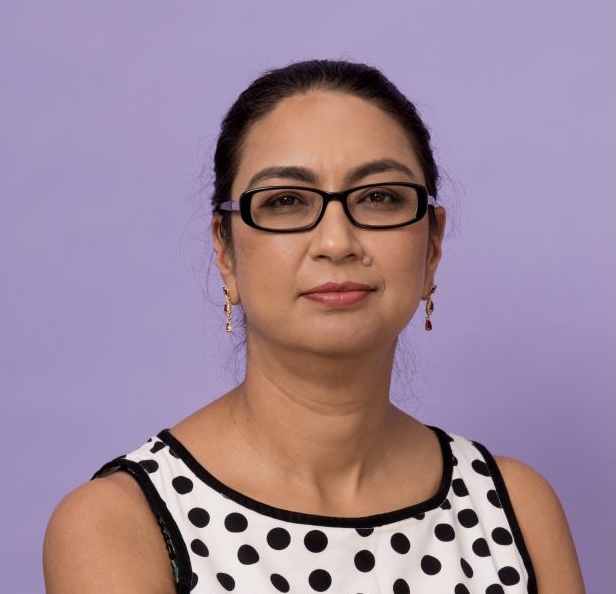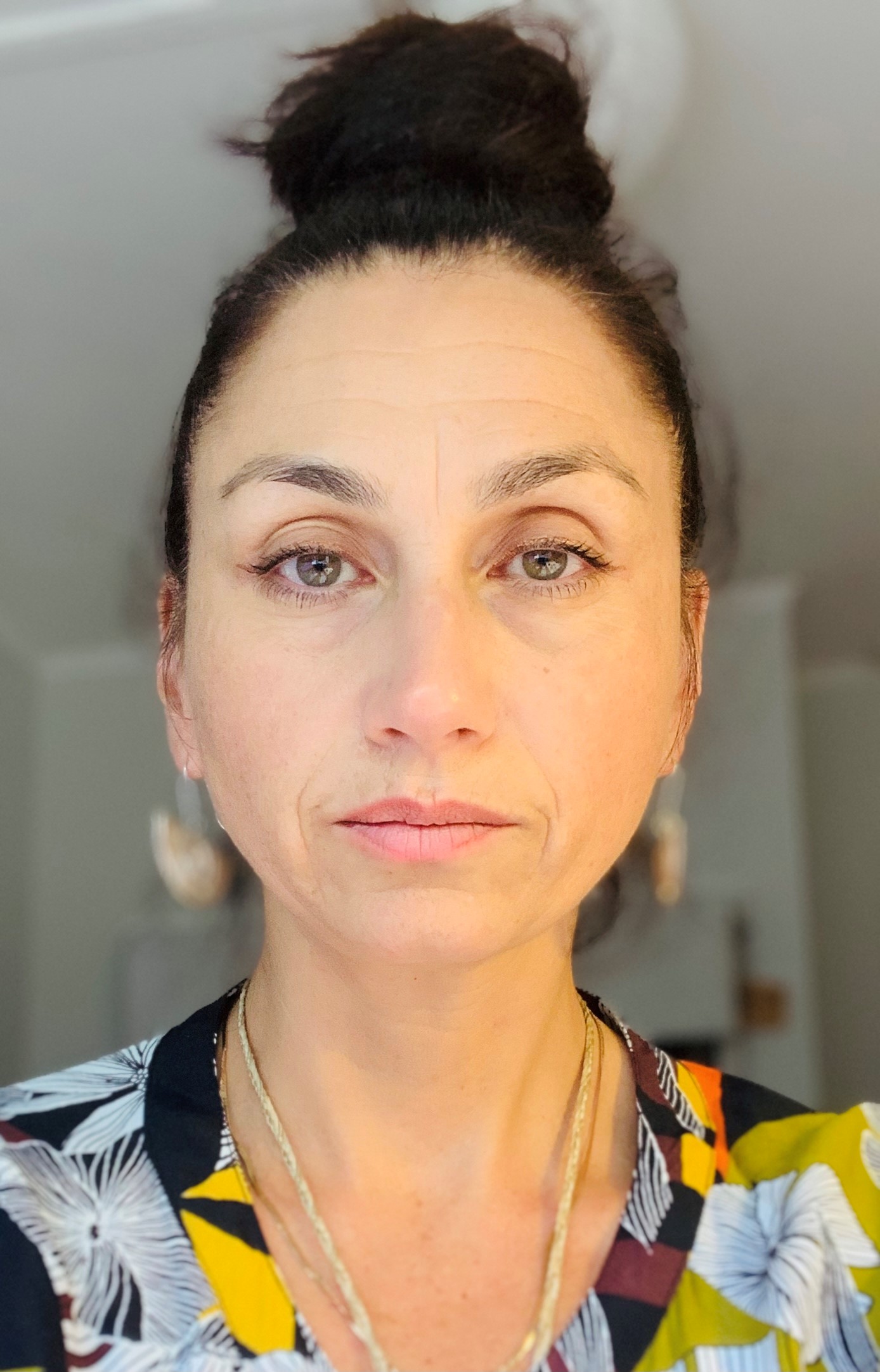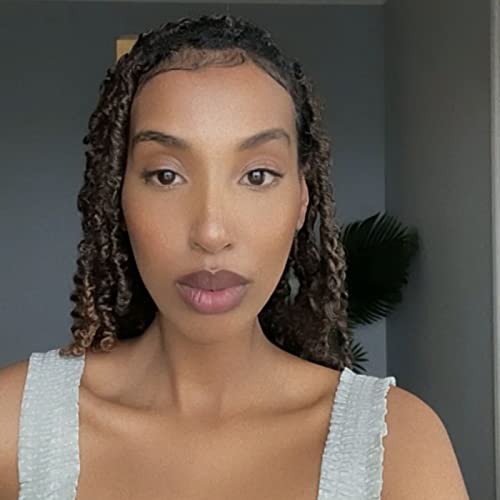Podcast
Childbirth is supposed to be empowering, but for many birthing people, it is not. For Indigenous women, immigrant women, and women of colour, birthing within the western healthcare system can be anything but affirming. It can feel unsafe. In this raw and challenging talks series, I host conversations about birth, racism, and cultural safety with changemakers working within the birthing sector to break down the structures built on colonisation.
This podcast is written, hosted and produced by Ruth De Souza on the unceded lands of the Boon wurrung people of the Eastern Kulin Nations with support from RMIT University VC Fellowship funding.
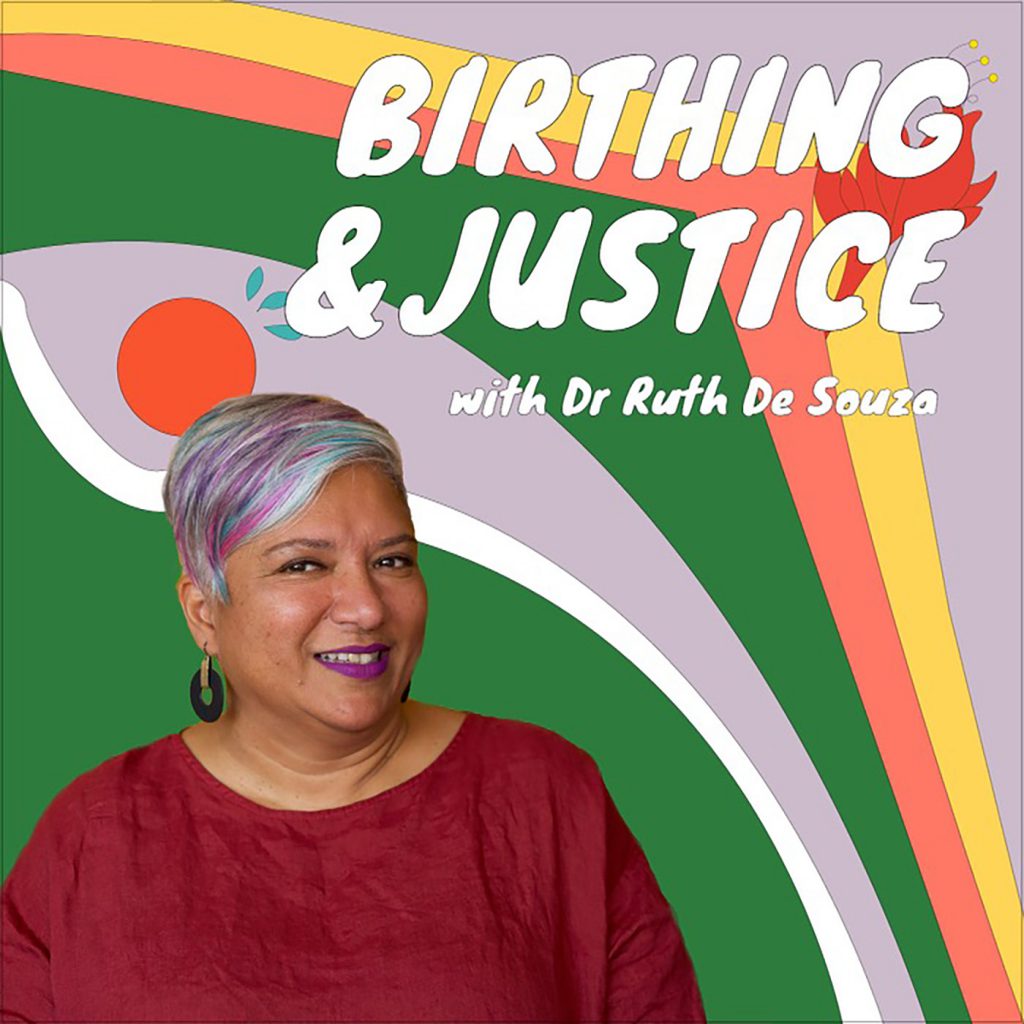
Subscribe
You can listen to this podcast on Apple podcasts Buzzsprout, Spotify, Amazon music/Audible, Podcast Addict, Podchaser, Pocketcasts, Deezer, Listen Notes, Player FM, Podcast Index . You can also find it in your favourite podcast app with this RSS Feed. Please rate, review and share!
If you would like to know more about how this podcast came about, you can read here.
I love a good shout out. Big thanks to Amy Best, NZ. Via Twitter, April 2023: “Important, educational & emotional podcast on not just birthing but justice, race, cultural safety & decolonising by nurse @DeSouzaRN -thank you ❤ This should be compulsory listening for all nurses & people working in patriarchal, colonial health systems” More feedback at the bottom of this page.
-
Series 4 Episode 8: Favorite Iradukunda on decolonisation, justice and inclusion
A native of Rwanda currently based in Amherst, Massachusetts, Dr. Favorite Iradukunda is a nurse scholar dedicated to advancing the holistic well-being of African-diasporic women, families, and communities. Her research addresses maternal health disparities through community-centered and culturally congruent interventions. She is an advocate for transforming health through anti-colonial knowledge co-creation processes and the inclusion…
-
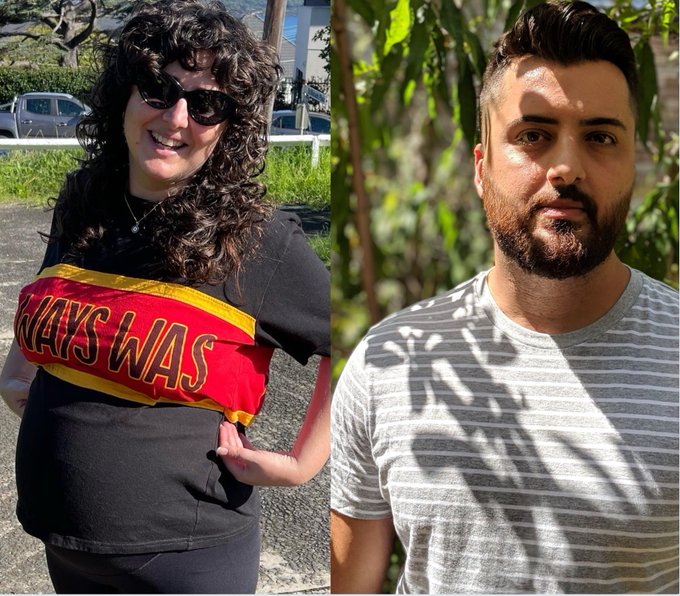
: Series 4 Episode 7: Hannah Donnelly and Omar Sakr on centering the birth experience under capitalism
Series 4 Episode 7: Hannah Donnelly and Omar Sakr on centering the birth experience under capitalism
Hannah Donnelly is Producer, First Nations Programs at Information + Cultural Exchange (I.C.E.), Parramatta. Hannah is an award-winning Wiradjuri writer and producer interested in Indigenous futures, speculative fiction and responses to climate trauma. She was part of the curatorium for the 2022 Sydney Biennale and prior to that was Head Curator of Aboriginal Programs…
-
Series 4 Episode 6: Sapna Samant on being a GP, creative practitioner and adoptive single parent
Sapna Samant is a GP, a radio producer, an award-winning filmmaker and writer, a mother, an activist and a student of Vipassana. She is a dreamer, a traveller, a deliberate exile and believes the universe is a sacred place through which we have to journey before we become one with it Synopsis:Dr. Sapna Samant,…
-
Series 4 Episode 5: Aseel Tayah on connecting communities through creativity and storytelling
Aseel Tayah is a Melbourne-based Palestinian artist, creative director and cultural leader who uses her practice to advocate for artists of color, mothers, children and young people, changing the world, one project at a time. Resident in Melbourne since 2016, Aseel works globally, using the power of storytelling to create awareness, facilitate connections and humanise…
-
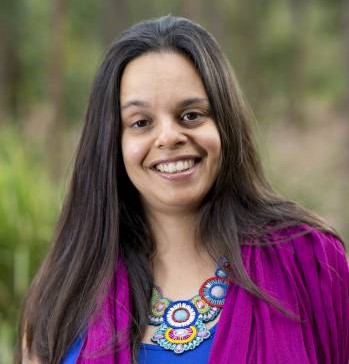
: Series 4 Episode 4: Sara Motta on feminine lineages, healing justice, and reconnecting to the ancestral Mother
Series 4 Episode 4: Sara Motta on feminine lineages, healing justice, and reconnecting to the ancestral Mother
Associate Professor Sara Motta is a proud mestiza salvaje (mes-tiza sal-va-he) of Colombia Chibcha, Polish Jewish and Celtic lineages. Sara is committed to working with communities across territories and lands to co-create knowledges that in process and outcome can contribute to decolonising, dignified, restorative and reparative pathways of well-being and justice. Synopsis:How do Indigenous communities…
-
Series 4 Episode 3: Alice Te Punga Somerville on fertility and making babies for the revolution
Alice Te Punga Somerville (Te Āti Awa, Taranaki) is a scholar, poet and irredentist who writes and teaches at the intersections of literary studies, Indigenous studies and Pacific studies. After teaching in New Zealand, Australia and Hawai’i, she now holds a professorship at the University of British Columbia in the Department of English Language &…
-
Series 4: Episode 2: Professor Cath Chamberlain on transforming intergenerational trauma.
Catherine Chamberlain is an Australian National Health and Medical Research Council Career Development Fellow and Professor of Indigenous Health at the Centre for Heath Equity, The University of Melbourne. Catherine is a Registered Midwife and Public Health researcher with over 25 years’ experience in maternal health, and has worked in remote, rural and urban settings…
-
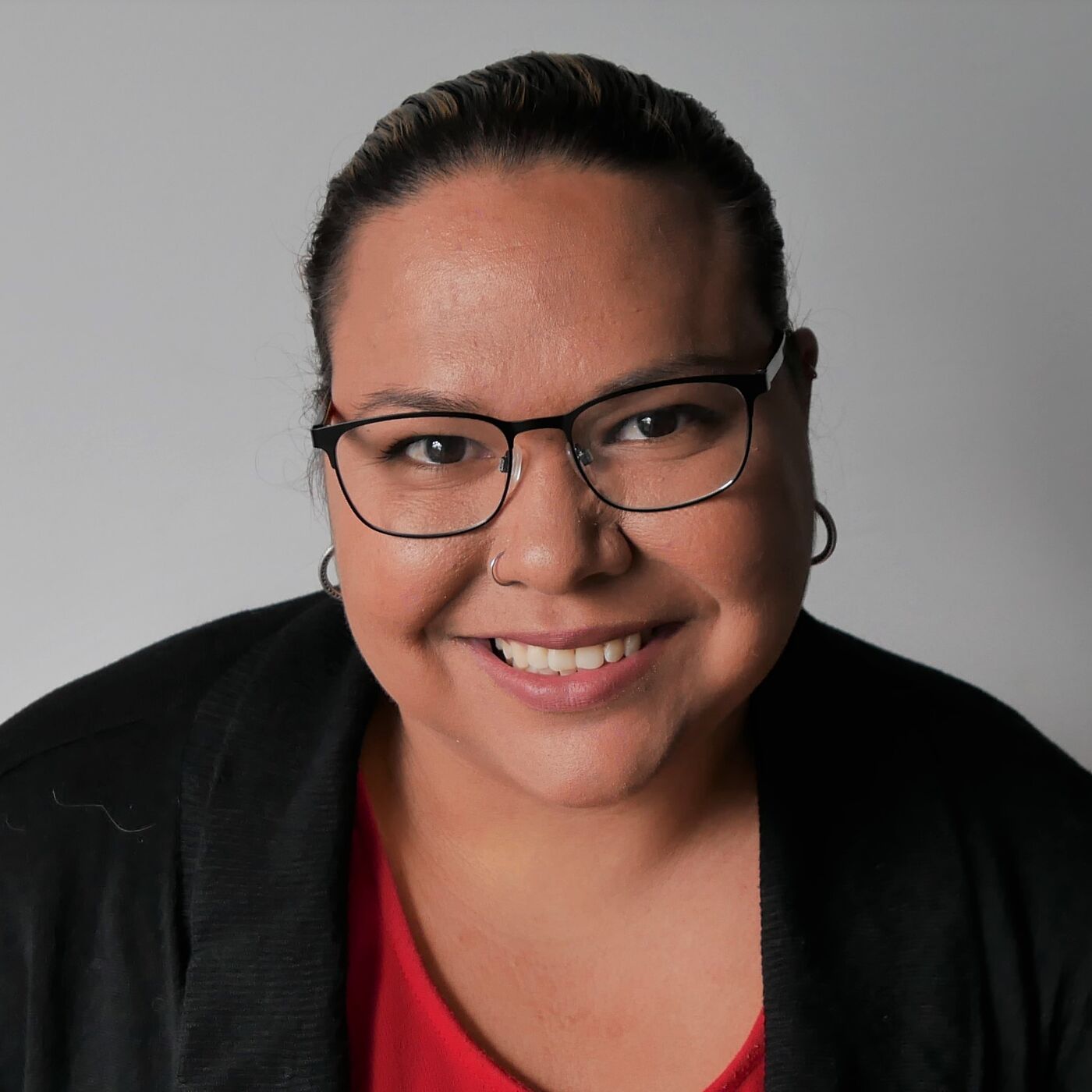
: Series 4 Episode 1: Jacynta Krakouer and Indigo Willing on how colonisation and the idea of the “white saviour” have shaped responses to child welfare
Series 4 Episode 1: Jacynta Krakouer and Indigo Willing on how colonisation and the idea of the “white saviour” have shaped responses to child welfare
Dr Jacynta Krakouer (she/her) is a Mineng Noongar woman from southern Western Australia. She lives and works on Wurundjeri Country in Naarm. Born in Western Australia, Jacynta grew up in Naarm and has lived in Naarm for most of her life. A social worker by background, Jacynta is an academic working in health and social…
-
Series 3 Episode 7: Carla Pascoe Leahy on connecting the past and future in the Anthropocene
Carla Pascoe Leahy recently joined the University of Tasmania as a Lecturer in Family History. She is a contemporary historian who examines how the past lives on in the present, particularly through oral history interviews. Carla recently completed an Australian Research Council funded project on the history of Australian mothering over the past 75 years,…
-
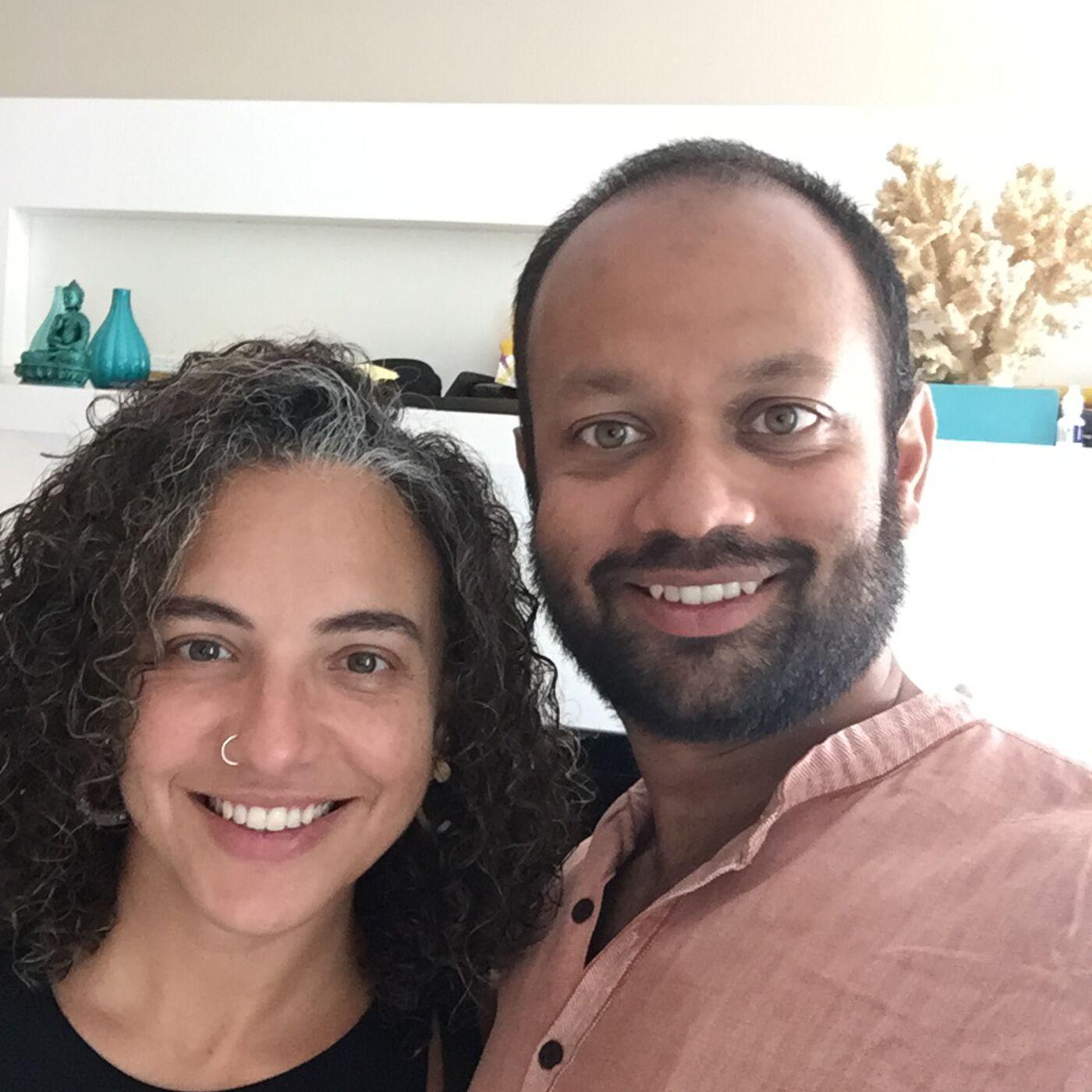
: Series 3 Episode 6: Ritodhi Chakraborty and Aline Carrara on intergenerational happiness and joy in an era of climate change
Series 3 Episode 6: Ritodhi Chakraborty and Aline Carrara on intergenerational happiness and joy in an era of climate change
Aline CarraraI am a mother and identify myself as a cis woman. I practice permaculture and grow food, medicinal plants and flowers. I am a massage therapist, an artist, a storyteller, and an activist for anti-colonial and decolonial practices. Both my personal and professional trajectories have been marked by the severe consequences of power asymmetries…
-
Series 3 Episode 5: Janelle Da Silva on the right to be born into love
Janelle Da Silva (they/she) is a proud queer, multi-generational mixed-race womxn-of-colour who interrogates social change through the healing arts. They’re an interdisciplinary artist, producer, racial literacy educator, TEDx speaker, birth worker, ultramarathon runner and philanthropist. Her work has been featured nationally and internationally on TV, film, stage, festivals, radio stations and podcasts since the mid-1990s.Janelle…
-
Series 3 Episode 4: Natalie Kon-yu on writing, birth trauma and medical sexism
Natalie Kon-yu is a writer, academic and editor whose work has been published nationally and internationally. She is the co-commissioning editor of #Me Too: Stories from the Australian Women’s Movement (Picador, 2019), Mothers and Others: Why Not All Women are Mothers and All Mothers are Not the Same (Pan Macmillan, 2015) and Just Between Us:…
-
Series 3 Episode 3: Aruna Boodram on abolitionist parenting and surviving the NICU
Aruna Boodram (they/she) is a queer, gender expansive community organizer and legal worker from the Caribbean diaspora based in Toronto. She is an educator and facilitator that works in anti-oppression, abolition, decolonization, fertility, queer and trans family planning and other trainings. She is the autonomous-single (by choice) parent of Surya Amaris, a thriving and resilient…
-
Series 3 Episode 2: Lucinda Canty on racism in institutions and birthing care
Lucinda Canty, PhD, RN, is an assistant professor at the University of Saint Joseph in West Hartford, Connecticut. Her research interests are in maternal mortality and severe maternal morbidity, Black maternal health, racial/ethnic disparities in reproductive health and racism in nursing. She completed her PhD in Nursing from the University of Connecticut in 2020. She…
-
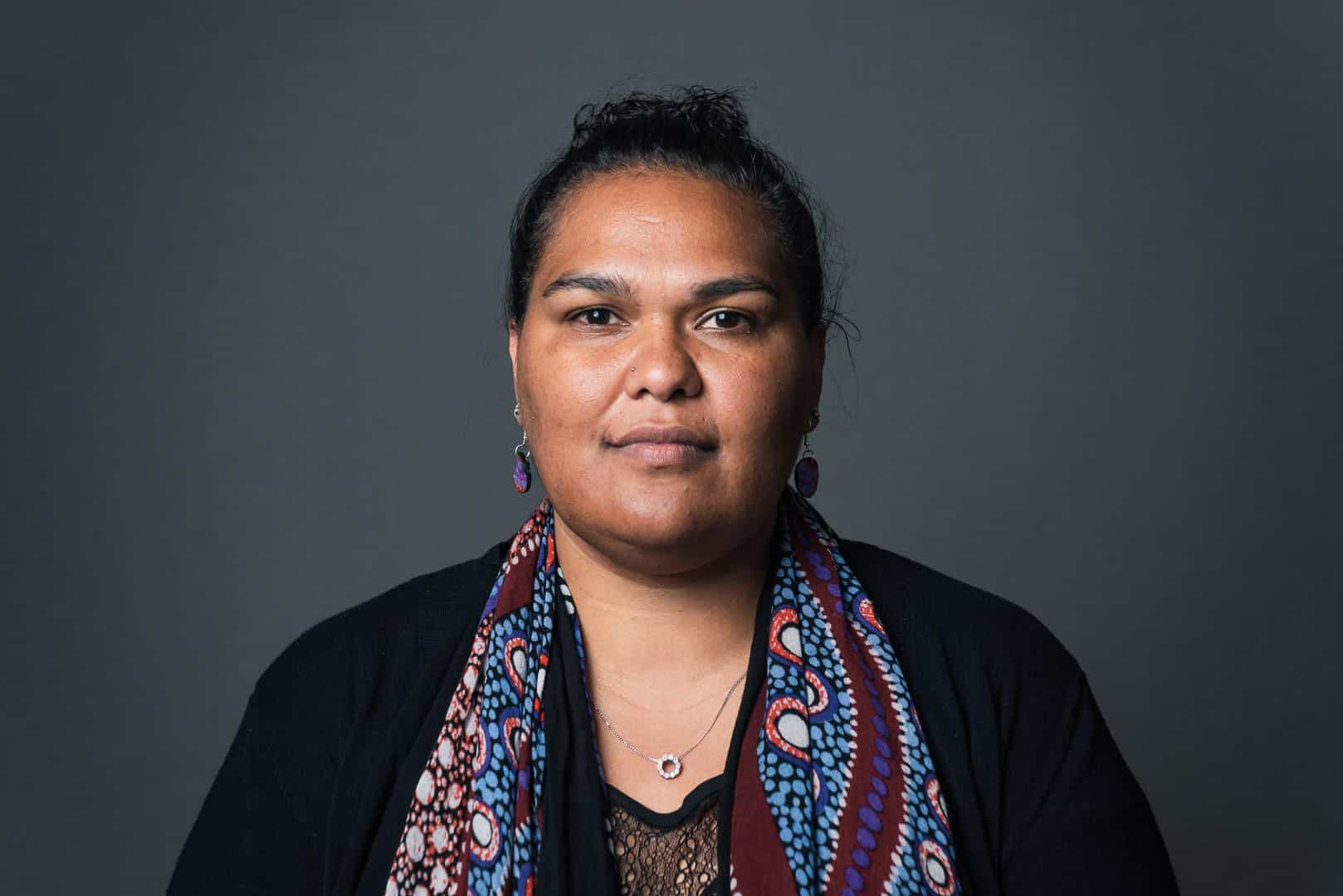
: Series 3 Episode 1: Cherisse Buzzacott on opening the door for Aboriginal and Torres Strait Islander midwives
Series 3 Episode 1: Cherisse Buzzacott on opening the door for Aboriginal and Torres Strait Islander midwives
Cherisse Buzzacott is an Arrernte/Arabunna woman raised in Mparntwe (Alice Springs), NT. A mother and a midwife, she works directly with Aboriginal women from Central Australia and remote communities through Alice Springs hospital. As a midwife, Cherisse advocates for the rights of Aboriginal women to have autonomy and choice over their maternity care. Cherisse is…
-
Series 2 Episode 7: Eleanor Jackson on the poetics and politics of birthing
Eleanor Jackson is a Filipino Australian poet, performer, arts producer and community radio broadcaster. She is the author of Gravidity and Parity and A Leaving, both by Vagabond Press. Her live album, One Night Wonders, is produced by Going Down Swinging. Eleanor is committed to developing and hosting events and experiences that showcase the diversity…
-
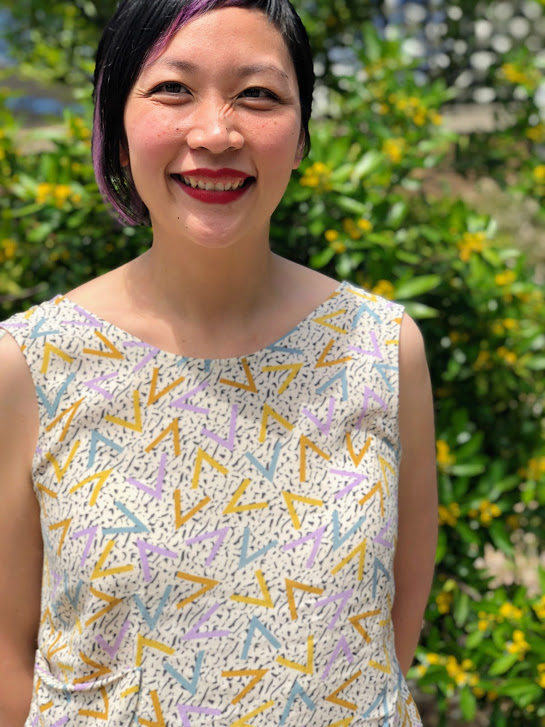
: Series 2 Episode 6: Helen Ngo on bilingualism, the habits of racism and embodied experiences of parenting
Series 2 Episode 6: Helen Ngo on bilingualism, the habits of racism and embodied experiences of parenting
Helen Ngo is a DECRA Research Fellow at Deakin University in Naarm/Melbourne, Australia. She holds a PhD in Philosophy from SUNY Stony Brook (USA), and works at the intersection of phenomenology, critical philosophy of race, and feminist philosophy. A mother of three, her recent work explores questions around bilingual parenting, as part of a bigger…
-
Series 2 Episode 5: Nisha Khot on making a difference in obstetric care
Dr Nisha Khot is a Melbourne-based obstetrician who trained in India and the UK before moving to Australia. She holds appointments across the full spectrum of health services including Royal Women’s Hospital (a tertiary centre), Western Health (in the growth corridor of Western Melbourne) and Bacchus Marsh’s rural maternity unit. Synopsis: Nisha Khot’s experience of working…
-
Series 2 Episode 4: Annabel Farry on finding the sweet spot
Annabel Farry is a third generation Lebanese immigrant to Aotearoa and considers herself Tangata Tiriti. Annabel is a lecturer, a researcher and has been a midwife for 23 years. She is interested in Te tiriti ō Waitangi (the founding document of Aotearoa/New Zealand), the history of midwifery, the ongoing resistance to capitalist and biomedical hegemony…
-
Series 2 Episode 3: Habiba Ahmed on reclaiming power and joy
Habiba Ahmed is a second generation Somali, born in Melbourne Australia. She is a mother of two and a community advocate, mainly in the maternal health space. She feels strongly about protecting and advocating for women who are being oppressed during the most vulnerable period in their lives. Synopsis: So often, health professionals focus on the…
Credits
Series 3
Recorded on the Bass Coast on the traditional lands of the Boon wurrung
Artwork by Atong Atem
Design by Ethan Tsang
Title music by Raquel Solier
Edited by Olivia Smith
Series 3
Listen to the trailer here
Recorded on the Bass Coast on the traditional lands of the Boon wurrung
Artwork by Atong Atem
Design by Ethan Tsang
Title music by Raquel Solier
Produced and edited by Jon Tjhia
Series 2
Listen to the trailer here
Recorded on the Bass Coast on the traditional lands of the Boon wurrung
Artwork by Atong Atem
Design by Ethan Tsang
Title music by Raquel Solier
Produced and edited by Jon Tjhia
Series 1
Series 1 recorded at Windmill Studios in Melbourne on the traditional lands of the Eastern Kulin Nation
Sound design and mix by Regan McKinnon
Artwork by Atong Atem
Design by Ethan Tsang
Title music by Raquel Solier
Produced and edited by Pipi films.
Podcast feedback:
I’m a migrant from Italy and my wife is from Thailand, and we struggled when our son was born – we were unprepared, isolated and misunderstood by the system, even though relatively privileged in terms of financial resources and education. I think your podcast does an amazing job in opening up a different kind of conversation – one that is much needed.
Francesco Ricatti, Canberra
Kia ora Ruth, I have recently come across your podcast Birthing and Justice. Wow wow wow it is beautiful. It is so valuable. I am finding your kōrero with the women you are interviewing so emotionally moving, powerful and educational. I am a nurse and the journey of learning is a life long one right… It is so wonderful to have nurse leaders like yourself creating content and educational resources that are contemporary and accessible. Nurses need inspiring role models and teachers to help us grow and particularly to stretch our minds. Also to help us see our value as a profession, as individuals working in these systems and institutions and to help us see possibilities for what we can do and how we can lead- so thank you and please keep up this little gem of a podcast.
I have just become a mum for the first time 6 weeks ago, so have been listening and notes taking while my little one sleeps!
Aroha nui, Amy Best. NZ
I finally got to listen to [Karel’s] podcast this morning – it is great and I learned a lot! Loved hearing [her] thoughts on cultural safety as the final stop on the continuum of care, the limitations of cultural awareness lens, the impacts of birthing on country and the birthing in our community model, the links to the Uluru Statement from the Heart and the future of midwifery. What a rich, integrated and accessible resource that podcast is!
Jenny Hutt, Australia
Ruth, I’ve only just gotten around to listening to this episode 🙈.
My gosh! IT WAS AWESOME. Not only is Nisha awesome but it got me right in the feels too. 🥺 Her point about birthing culture in India/ Indian society deeply resonated. I was so lucky to have Mum arrive here both times after my birth to care for me & bub for a few months. It kept me this side of sanity. As well as her observations on the experience of diverse professionals here. Calling it like it is ✊🏾 Her thoughts on diversity, racism & leadership were eerily relevant to my profession. Her words have given me greater resolve to continue my small efforts to be visible in my profession so that it will be easier for the next person. 🙏🏾 Loved all the questions you put forward and for always making sure that non-medical listeners can understand too. 💕🙏🏾
Sonia Sarangi Australia
I finally got to listen to [Karel’s] podcast this morning – it is great and I learned a lot! Loved hearing [her] thoughts on cultural safety as the final stop on the continuum of care, the limitations of cultural awareness lens, the impacts of birthing on country and the birthing in our community model, the links to the Uluru Statement from the Heart and the future of midwifery. What a rich, integrated and accessible resource that podcast is!
Jenny Hutt, Australia
Ruth, I’ve only just gotten around to listening to this episode 🙈.
My gosh! IT WAS AWESOME. Not only is Nisha awesome but it got me right in the feels too. 🥺 Her point about birthing culture in India/ Indian society deeply resonated. I was so lucky to have Mum arrive here both times after my birth to care for me & bub for a few months. It kept me this side of sanity. As well as her observations on the experience of diverse professionals here. Calling it like it is ✊🏾 Her thoughts on diversity, racism & leadership were eerily relevant to my profession. Her words have given me greater resolve to continue my small efforts to be visible in my profession so that it will be easier for the next person. 🙏🏾 Loved all the questions you put forward and for always making sure that non-medical listeners can understand too. 💕🙏🏾
Sonia Sarangi Australia
Everyone associated with birthing care needs to listen to this podcast, especially those working in colonised countries.
Dr Pauline Dawson (midwife) NZ
Thanks for all your work. It’s provoked me to rethink the limits of both my reproductive politics and biopolitics. The podcast has introduced me to a lot of new ideas and thinkers I would otherwise not have encountered. I’m definitely gonna use this in my courses!
Gilbert Caluya Australia
If you work in health ( not just birthing) and are interested in anti-racism work this is podcast is outstanding
Bee Westenra Aotearoa
Listening to Ruth’s moving interview with Habiba took me back nearly 40 years to when I gave birth to my first child. My own mother had died early in my pregnancy, and my maternal grandmother died the day my baby was due. Habiba’s account of the Somali customs around caring for the new mother brought me to tears. The loneliness and isolation I experienced in those early months as I navigated the profound changes that birthing initiates was shattering. To grieve for my mother at a time when I had never needed mothering more was a cruel introduction to my own mothering. I cannot even imagine how devastating it would have been to be torn from my culture as well. A mother’s group such as Habiba runs, where mothers are embraced as they are; without the concern for presenting their ‘best selves’, which is so exhausting and such a waste of precious energy, would have been life-changing for me. I can only marvel at the healing that Habiba’s work must be providing for so many. I only wish she’d been around when I needed her! Thank you Habiba and Ruth for helping me to soothe and heal my wounded maternal self, realising another layer of what a trial I survived. May all mothers be blessed with the compassionate care that Habiba offers.
Maree, Australia
Ruth DeSouza listening to your wonderful podcast ‘birth and justice’. Loving your open intelligent hosting style and that you still intersperse your own knowledge to take the conversation to a deeper place which allows for both nuance and depth. Thank you for creating a nurturing intelligent compassionate space (podcast) to discuss these very important topics which allows guests to share and speak with openness and no fear of judgment.
Deepa Srinivasan, Australia
Do yourself a favour and tune into the awesome podcast, Birthing and Justice, by Ruth DeSouza. Highly recommended for anyone interested in all matters birthing and racial & decolonial justice. I’ve been listening today to what are the some of most intelligent, insightful, warm, and fierce conversations I’ve heard in this space. More of this stuff please. Helen Ngo, Melbourne
Ruth! loving this podcast so much, your warm voice full of wisdom and embrace is such a salve! ❤️ Naomi’s episode sooo strong, Te Reo shone through as a wonderful layer … it makes me teary listening to that language slipping seamlessly into everyday vernacular.
Beth Sometimes, Alice Springs
Amazing podcast talk Dr Ruth! it was very powerful when Dr Naomi compared the land and womens bodies. I have some friends who are going to love this!
Jayne Wood, London
I loved this – have listened to all 3! Please keep this important conversation going 🙏 thank you for your amazing mahi. I also love how the topics could be enormous but you manage to cover lots and lots in just half an hour… so a super digestible entry point to suggest as first step into education as well as balm and validation and further insight & directions to explore further to those already on this learning journey… very cool!
Vic Parsons, Maternal health coordinator, Capital Coast DHB, Wellington
This is a beautiful, thoughtful podcast with extremely high production values on an incredibly important topic. Conversations about birth in Australia are either non existent or really limited so it is wonderful to have this resource which brings us the voices of some of the leading practitioners in changing birth care. Ruth is a warm and passionate interviewer and brings the best out of her amazing guests. Episodes are tight and impactful. As both someone who has birthed two babies at home and a critical race researcher I love this podcast and will be recommending it to everyone I know.
Anastasia Kanjere, Melbourne
Dear Dr Ruth, I just wanted to get in touch to let you know I recently came across your Birthing and Justice podcast and really enjoyed it. I am currently convening an Indigenous Health unit and am very pleased to be able to use your episodes with Karel Williams and Dr Naomi Simmonds when we cover maternity. 250 plus students should shortly be tuning in! Ella Kurz, School of Nursing, Midwifery & Public Health, University of Canberra
This is a really important podcast on birth, racism and decolonisation. Each episode is powerful, informative, intelligent and warm. Each speaker contributes a dynamic combination of knowledge, experience and resolute commitment. Together the 3 episodes make a robust and hard-hitting combination. Thank you Ruth De Souza, Dr. Naomi Simmonds, Karel Williams, Dr Mimi Niles, and all who have contributed to this really important mahi.
Anna Fielder, New Zealand
This is a brilliant podcast Ruth – warm, engaging and decolonising, I love it! I’m not a health care worker, but you really struck a chord given my own experience. I’m passionate about midwifery care, especially midwifery group practice and home birthing where/if possible, and reclaiming control of our bodies from that default position of medical intervention. I hope this becomes an essential resource for students, practitioners and educators – congratulations.
Dr Natalie Harkin Senior Research Fellow, Flinders University.
If you still think birth is not political. It really frustrates me that when women talk about the significance of birthing there are still some feminists who think it is no more than some kind of middle-class competitiveness/internalised misogyny about vaginal birth versus caesarean or hippy indulgences. This is an amazing podcast series by Dr Ruth De Souza, who I have been friends with for a long time after we met through maternal feminism circles, and it is about birthing and justice. I think you’ll love it. Imagine being moved away from all your friends and family right when you are getting ready to have your first baby. What kind of birthing system thinks that is ok? Imagine going into hospital to have a baby when you and your husband’s mothers experienced babies being removed from them in hospitals. What kind of terror might a hospital birth hold for you? Imagine being an Aboriginal woman who wants to bring soil or plants from home in with her when she births in a hospital miles from her community. Does hospital policy cater for that? Will she be ridiculed or respected for the request?
What is the cost of failing to be truly woman-centred in birth? And what if your woman-centred birthing centre doesn’t include brown and black women?
Birth is political. Andie Fox, Queensland
Have started watching the podcasts – amazing guests so enthralling – an amazing resource you have created Ruth!
Dr Nimisha Waller, Postgraduate Programme Leader, Midwifery, Senior Lecturer, Auckland University of Technology
This is such a great podcast! Dr Ruth is a warm and engaging host and her guests are smart, insightful and grounded. And they’re so interesting! You always learn something new. The production quality is awesome. I especially like how this podcast opens up a reflective space to consider how pregnancy and birth care is experienced by people of colour and first nations people. So worth a listen.
Liz Stokes, Sydney.
Media
Interview with Diaspora blues a show about home, community, and belonging. Hosted by Bigoa Chuol and Ayan Shirwa. Regular contributors Serious Meerkat and Cookie.
Blog about why I made a podcast reproduced by Croakey a not-for-profit public interest social journalism organisation and The Power to Persuade, a platform for discussion about social policy in Australia in a global context.
Resources
Centre of Perinatal Excellence (COPE)
Healthtalk Australia
How is Dad going?
PANDA National Perinatal Depression Hotline
Parentline
